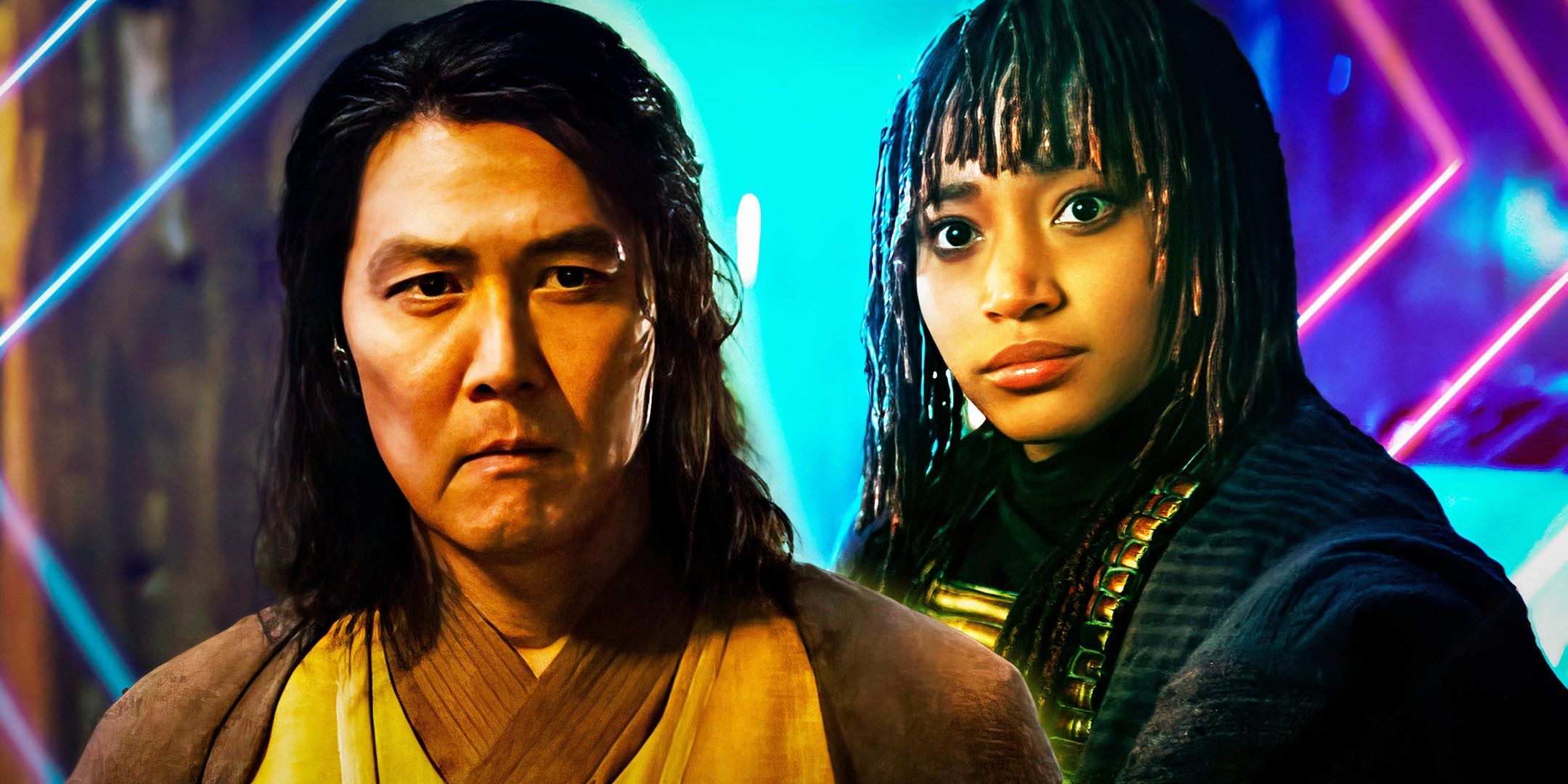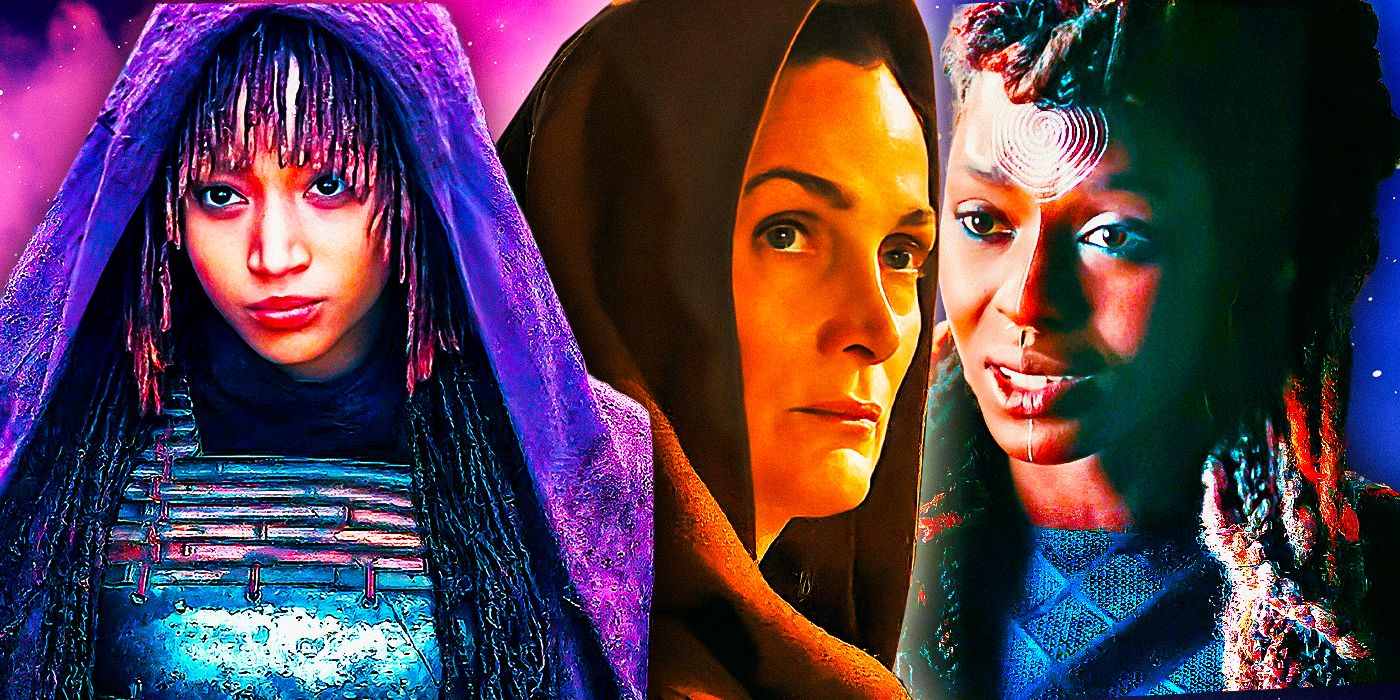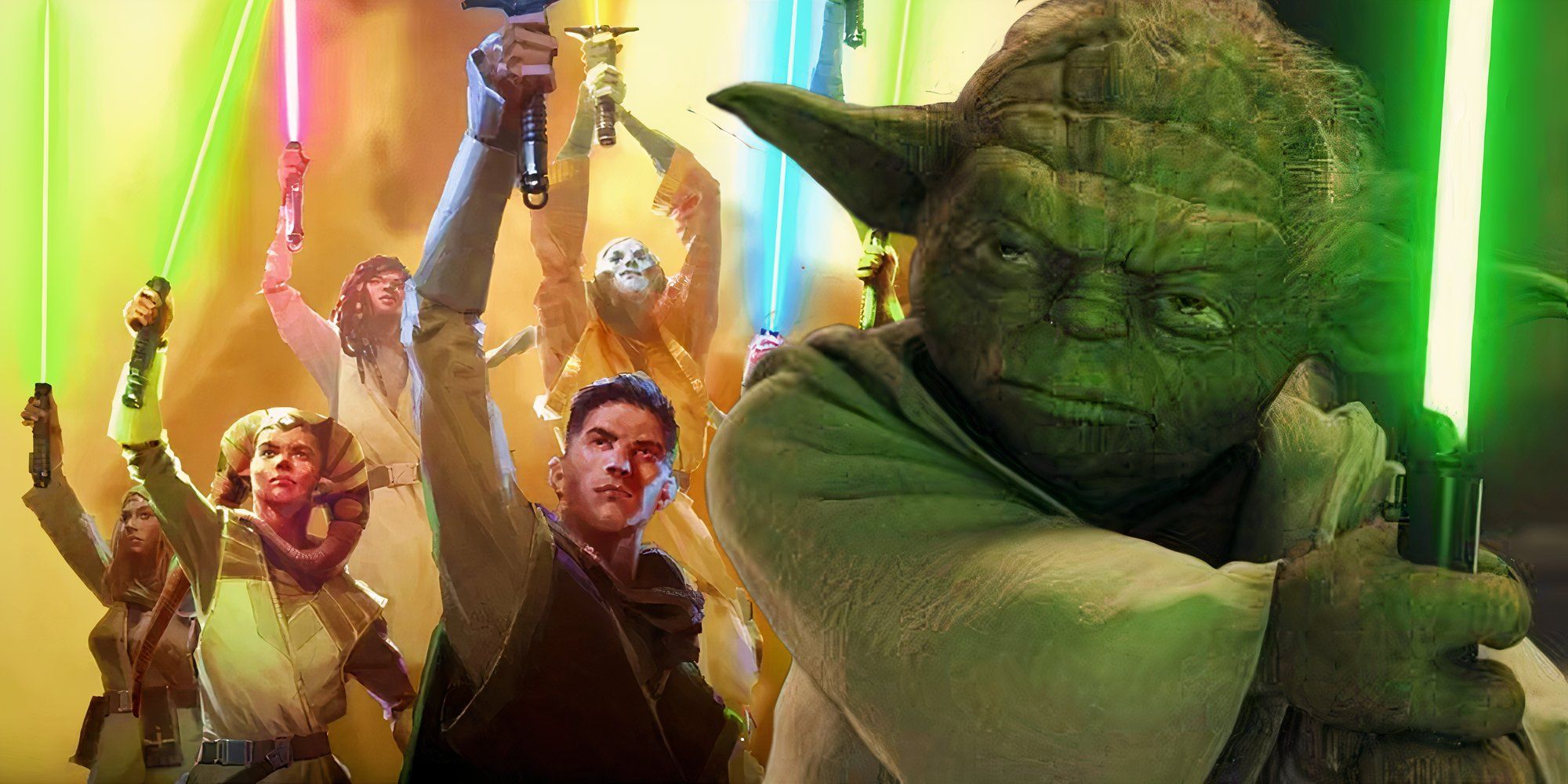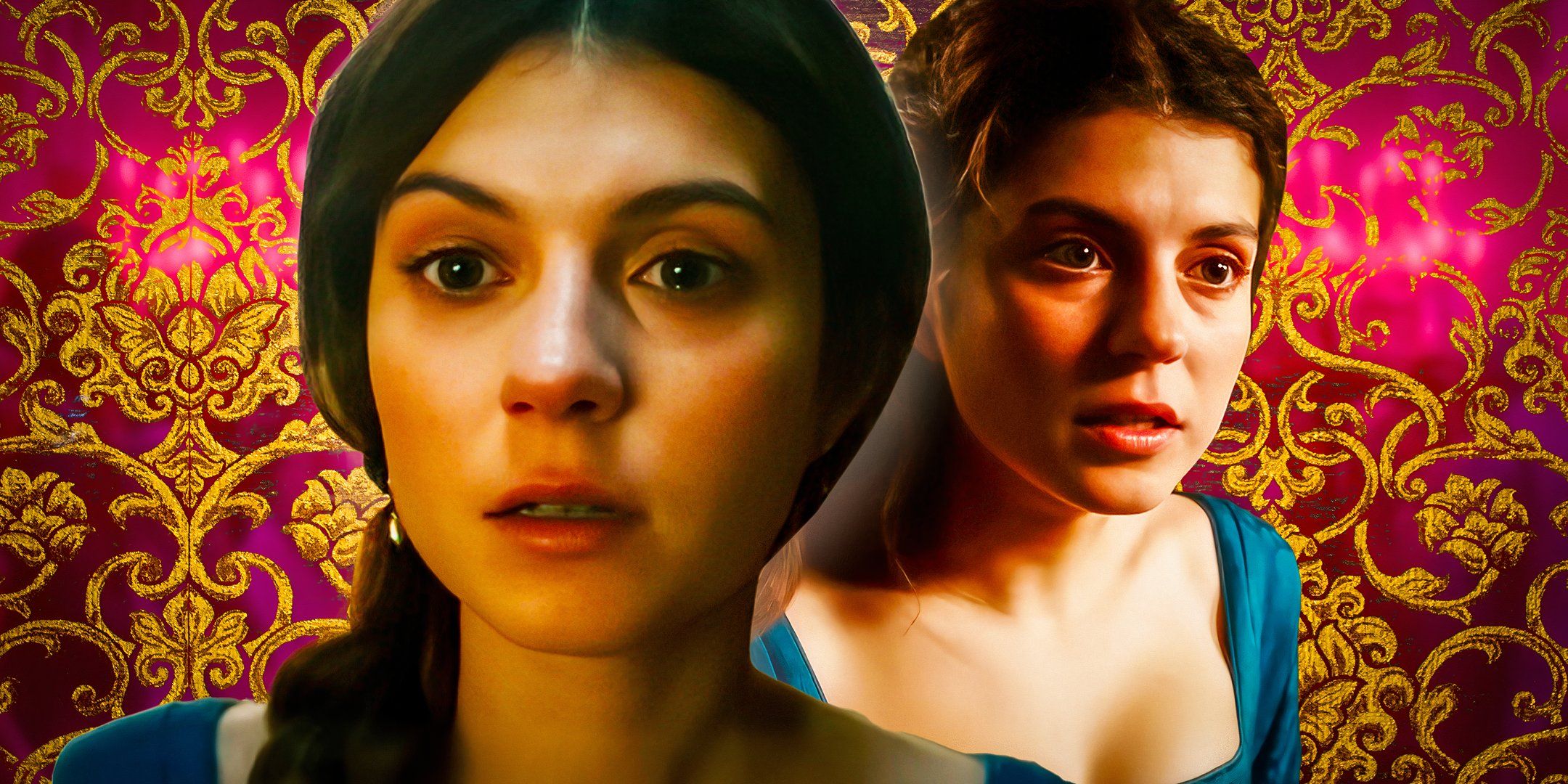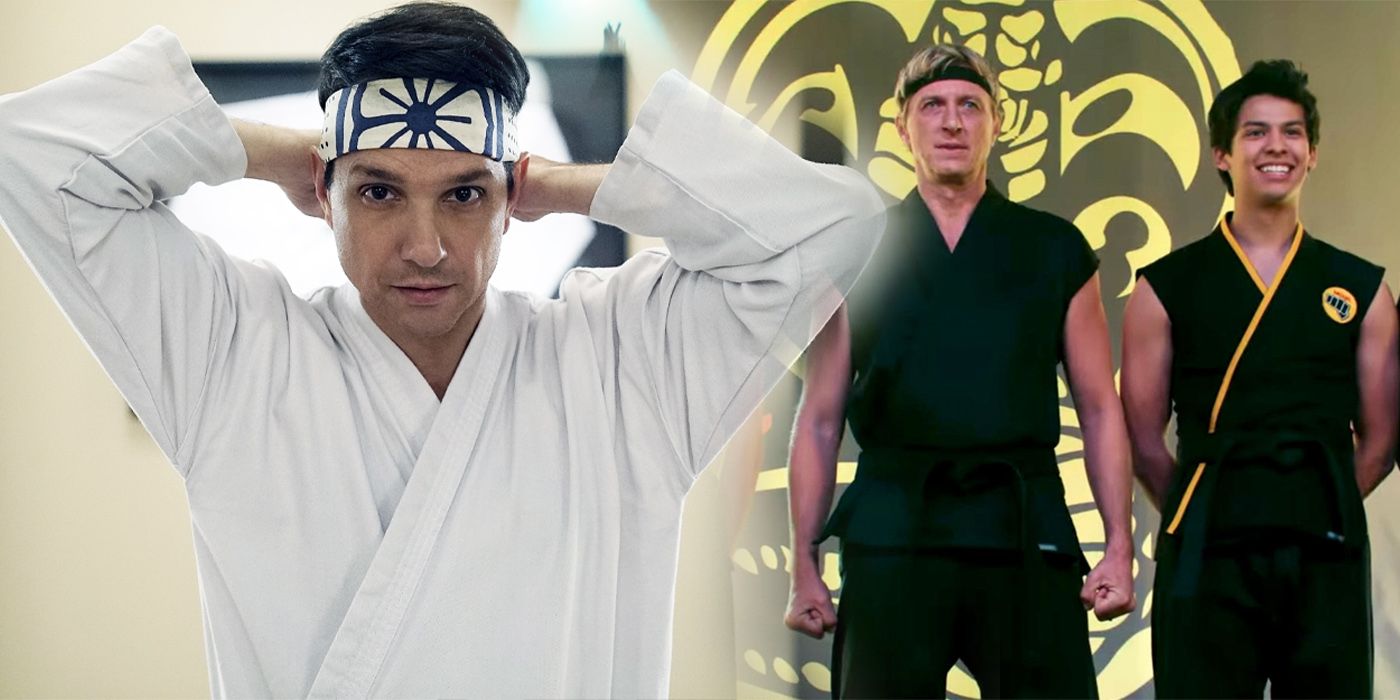The beloved 1982 film Blade Runner is an integral part of pop culture, so much so that it’s hard to believe that the studio responsible for its creation died just two years after its release. Helmed by producer Alan Ladd Jr., The Ladd Company produced several gems. Many were popular during its peak in the 1980s or were quietly influential behind the scenes thereafter.
The Ladd Company was founded in October of 1979 by a team of former Fox executives. Its president, Alan Ladd Jr., worked on a couple of the best sci-fi movies of all time like Star Wars and Alien. After leaving Fox, Ladd received financial backing from Warner Bros, one of Fox’s main competitors. The Ladd Company quickly began distributing films before producing its own. With steady financial support coupled with Ladd’s connections, experience, and passion for storytelling, The Ladd Company should have been a household name.
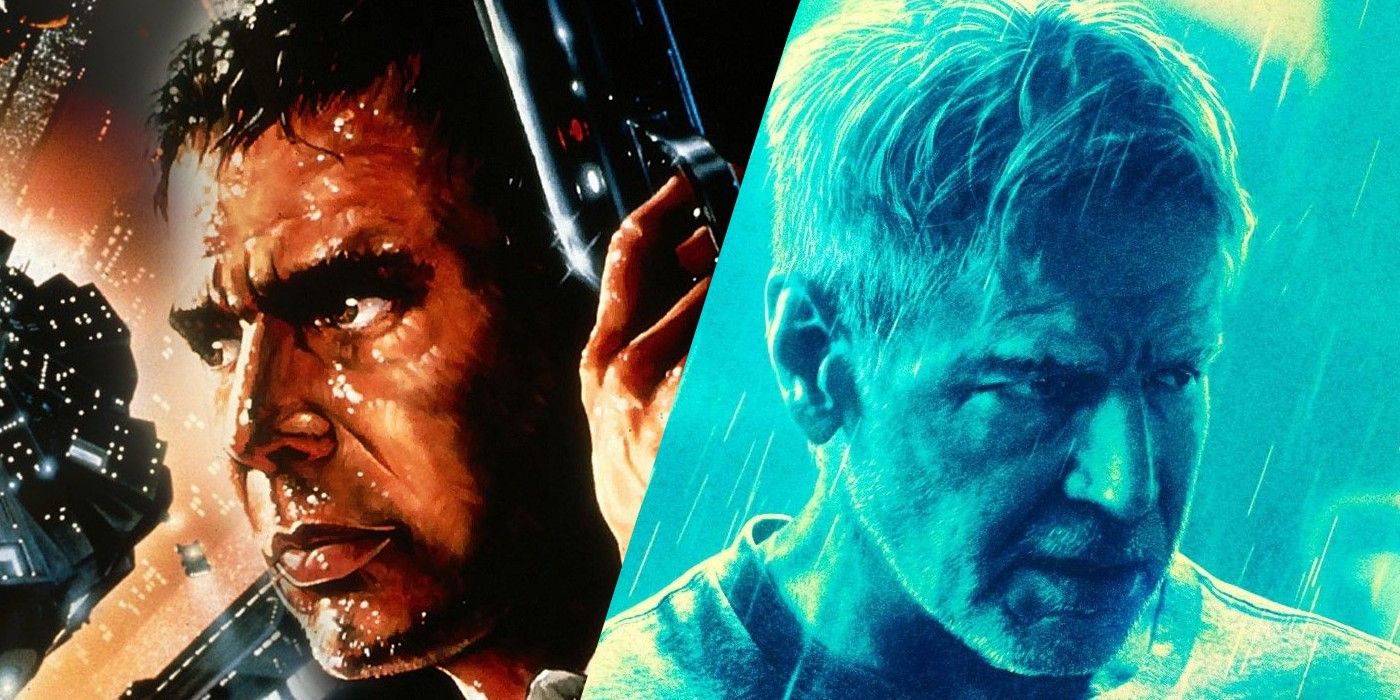
Related
Blade Runner: Why Both The Original Movie & 2049 Bombed At The Box Office
Both the original Blade Runner and its sequel, Blade Runner 2049, are highly regarded sci-fi movies nowadays – so why did they bomb at the box office?
The Ladd Company’s Rise In The Early 1980s With Movies Explained
The Studio Launched The Careers Of Great New Talent
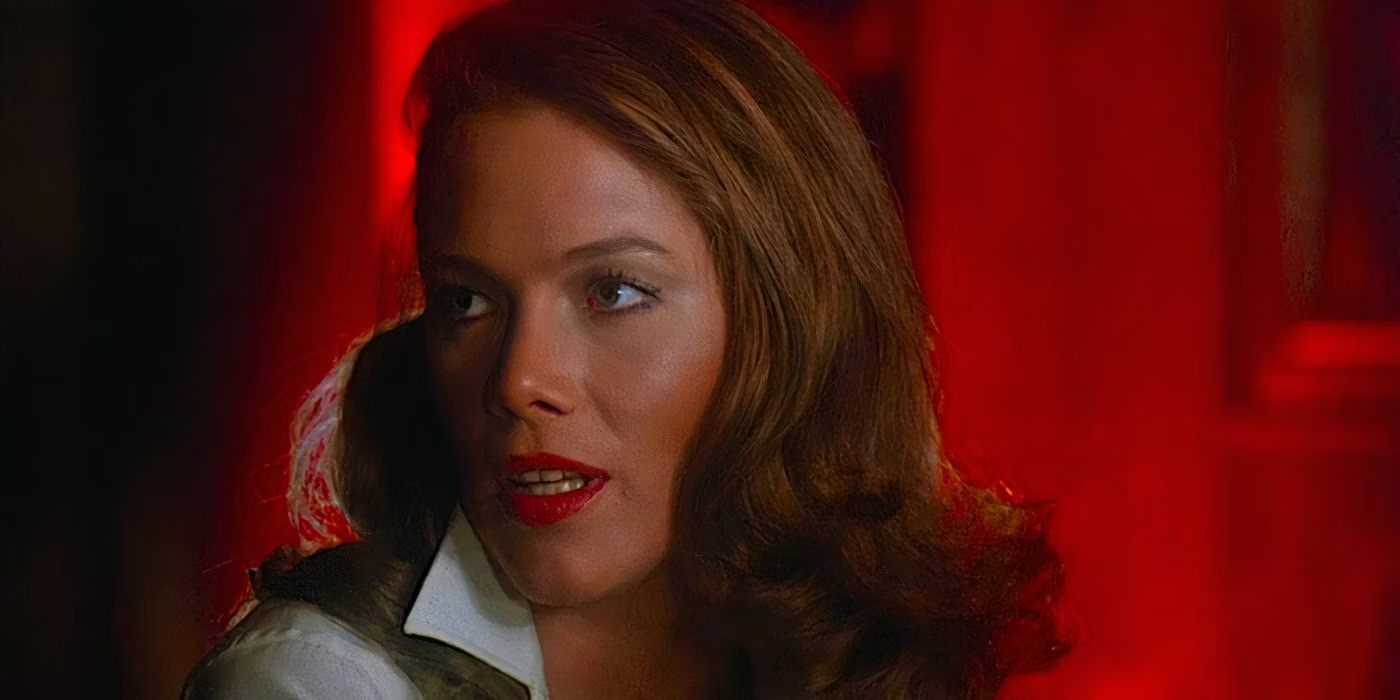
When things were going well, The Ladd Company left indelible marks on the cinema landscape, but it tanked because of a brutal reality: even financial successes can be a liability if the money doesn’t come in fast enough. At first, the company played it safe. Its first release, Divine Madness, was a Bette Midler concert film released in 1980. The film was a moderate financial win. The second film it distributed, Chariots of Fire, was up for seven Oscars in 1981 and won Best Picture. This wasn’t bad for a studio that had only been in business for two years.
In 1981, The Ladd Company began hitting its stride. Though George Lucas took his name off of Body Heat, the film launched the careers of director Lawrence Kasdan and star Kathleen Turner, earning $24 million domestically against a budget of $9 million. The following year, the company released Blade Runner, one of the greatest science fiction films ever made. A year later, they released The Right Stuff with a star-studded cast. The film was a major critical hit, nominated for eight Oscars and winning four. In 1984, The Ladd Company released Police Academy, which grossed $81 million.
How Too Many Movie Flops Killed Off The Ladd Company In The Mid-1980s
Critical Successes Did Not Always Attract Audiences
With such huge successes, The Ladd Company looked poised to take over the world. What ultimately started killing it was timing. The financial burden of its flops, while relatively minor on their own, did too much damage while the studio waited to see the profits of its successes. Despite working with legendary talents like Sergio Leone, George Lucas, Michael Crichton, and Ron Howard, several of the studio’s films didn’t cover their costs or only did modestly well at the box office. One of those films was Twice Upon a Time.
Released in 1983 — the same year as Return of the Jedi — and with George Lucas attached, the film was expected to be a success. However, it was experimental animation, blending live action, stop motion, and 2D animation. On a $3 million budget, the film earned an abysmal $5,000. Another problem was Once Upon A Time In America. Directed by Sergio Leone and starring Robert De Niro, it looked great on paper. However, its ten-hour runtime sent distributors scrambling to cut it down. The edits almost destroyed the Once Upon A Time, and audiences were turned off.
Ironically, one of The Ladd Company’s biggest liabilities was also one of its biggest successes: Blade Runner. The film did reasonably well on its first weekend in May 1982 but faced competition from films like The Thing and E.T. the Extra-terrestrial. While its charm lies in its masterful production design and a legendary monologue at the climax, there are some harsh realities to watching Blade Runner, and audiences weren’t immediately awestruck. It took several years for a cult following to really build. The death knell came with the multi-Oscar-winning The Right Stuff.
Telling the story of American pilots who pushed the limits of space flight and paved the way for the moon landing, The Right Stuff is an excellent flight film. It takes risks with story structures that are rarely seen in contemporary Hollywood. However, with a runtime of over three hours, audiences weren’t excited to see it. The film bombed, earning back just $21 million of a $27 million budget. Police Academy was released on March 23, 1984. It went on to become a huge success, but the damage had already been done. Warner severed ties with the company, making the announcement less than one month after the film’s release.
The Ladd Company Returned – But It Didn’t Last
After A Long Absence, The Company Returned With A Bang
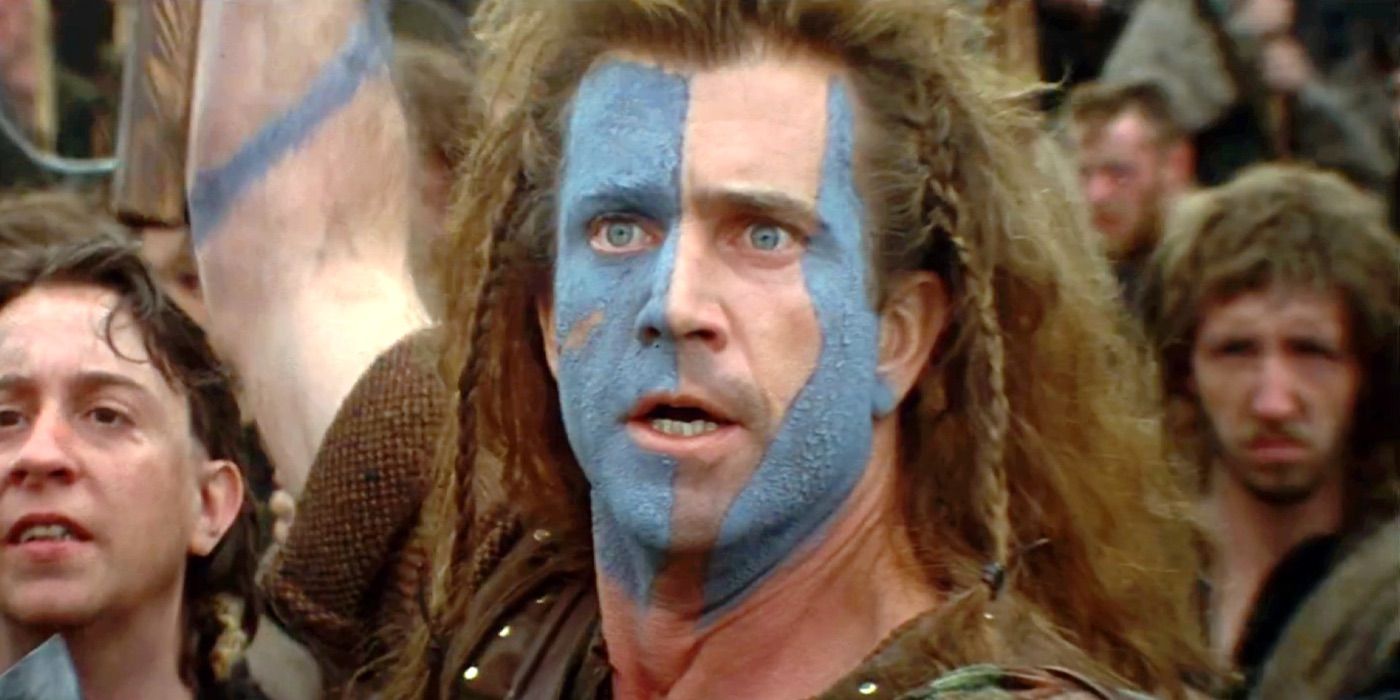
Alan Ladd Jr. made a decisive career move after The Ladd Company’s collapse, parlaying his experience to become head of MGM in 1985. He remained there for a decade before reviving The Ladd Company once again in the mid-nineties, this time with the backing of Paramount Pictures. It seems the company had more to say. In 1995, The Ladd Company released the smash hit Braveheart, grossing $209 million against a $72 million budget — despite its lengthy runtime of three hours — and winning five Oscars, including Best Picture.
The company went dormant again in 1996 before releasing An Unfinished Life and Gone Baby Gone in 2007. Unfinished Life failed to earn back its budget and didn’t make an impression on audiences. Meanwhile, Gone Baby Gone cemented Ben Affleck as a director and earned $34.6 million against a $19 million budget. It was the last film The Ladd Company would produce. Alan Ladd Jr. died in 2022. Even though the company didn’t become a household name, its successes, like Blade Runner, will never be forgotten.
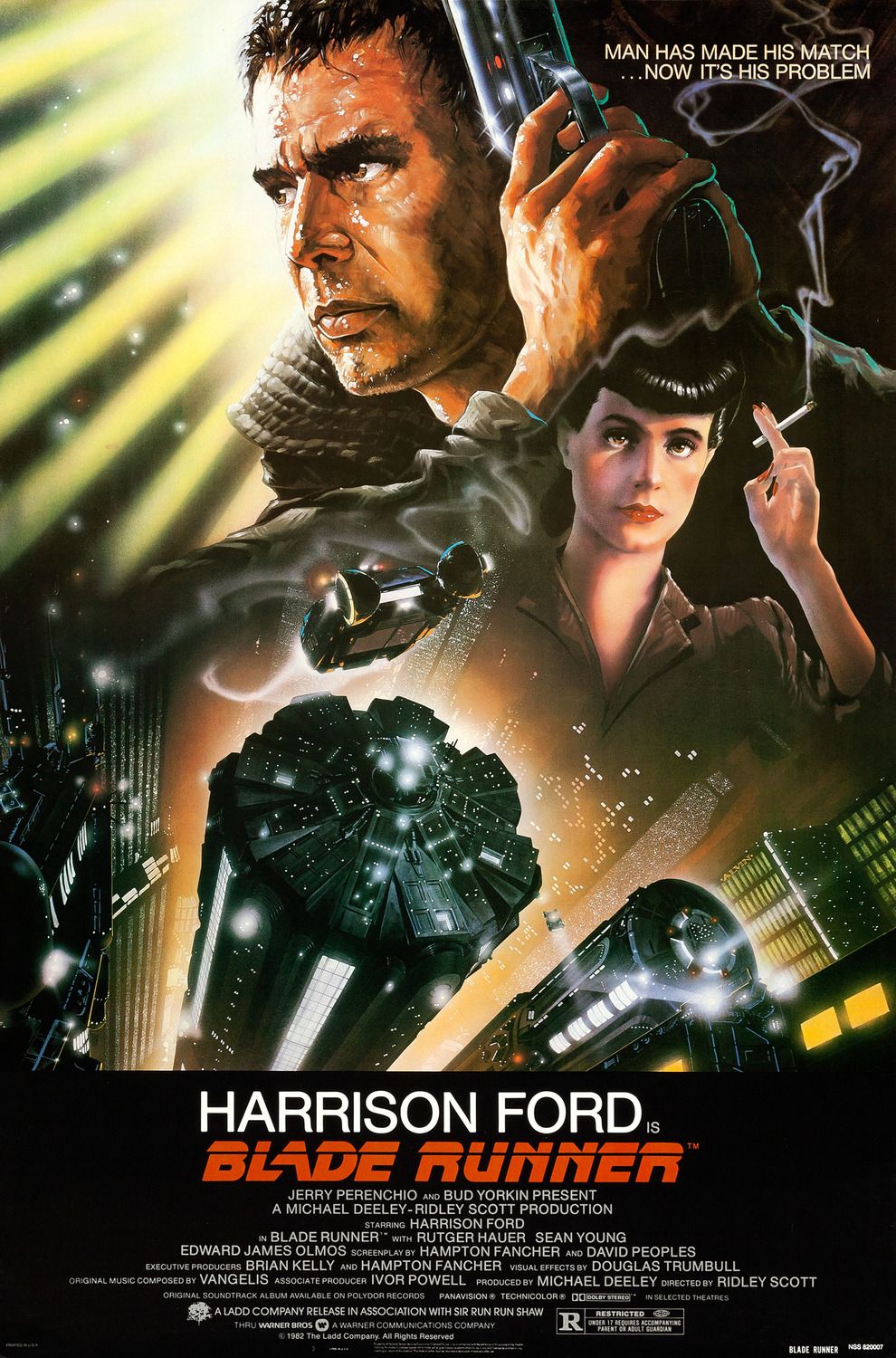
Blade Runner
The original Blade Runner is a sci-fi neo-noir film set in 2019 in a dystopian cyber-punk society. Harrison Ford stars as Rick Deckard as a Blade Runner for the LAPD, tasked with hunting rogue replicants, genetically engineered humans designed to tackle tasks that human beings cannot. When four replicants go rogue and begin killing humans, Deckard is forced out of retirement to hunt them down and stop them – but the truth isn’t as simple as it seems. Deckard will have to reckon with the philosophical dilemma of what makes someone human.
- Director
-
Ridley Scott
- Release Date
-
June 25, 1982
- Cast
-
Harrison Ford
, Rutger Hauer
, Sean Young
, Edward James Olmos
, M. Emmet Walsh
, Daryl Hannah
, William Sanderson
, Joe Turkel - Sequel(s)
-
Blade Runner 2049
- Budget
-
$28 million
